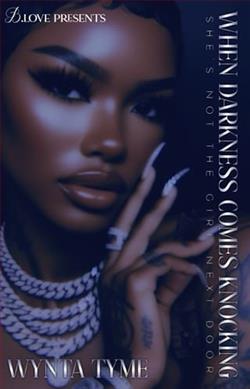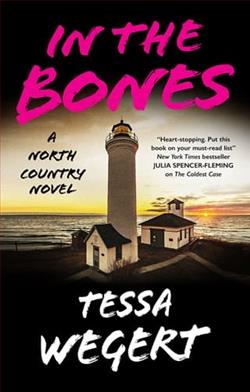Page 8 of Summer After Summer
“What could he want with Taylor House?” I try to keep the anguish out of my voice while I gesture to the crumbling plaster and the walls that haven’t been repainted in twenty years.
“Honestly? He’ll probably tear it down and build one of those ultra-modern places like everyone else does.”
But why this house, I want to shout. He could do that to anyone.
But I already know the answer.
It’s this house because it’s mine.
“Oh, Olivia, you’re here,” my father says as we walk into the front parlor. When he’s not at the club, he has a set pattern through the house during the day, following the best light like a sundial. “Good, good.”
He opens his arms, gesturing for me to come closer. He’s wearing what I always think of as his summer wardrobe—madras golf shorts and a matching polo. At sixty-five, he has the body of a bon vivant: a veined nose and a paunch that sticks out too far, but he’s still charming and handsome with his shock of white hair, bright blue eyes, and an easy smile that falls into a laugh when he’s amused, which is often. Despite his tendency to complain, he’s always been a good-time Charley, cheers of “William!” following him wherever he goes.
I kiss him on his left cheek. He smells like cinnamon gum and Old Spice, and I start to choke up as he pulls me into a brief hug. It’s been too long since I’ve seen him. I’ve been so wrapped up in my own drama, I didn’t make the time for him that I should have.
But I’m here now, and despite the fact that I’m still reeling from hearing that Fred Webb bought this house, I’m glad.
“Let me get a look at you.” He holds me by the arms and inspects me.
I cringe, thinking about what he’s seeing. My skin is pale because I’ve been inside all semester, and my face is somehow both gaunt and swollen from too little eating and too much drinking. I can tell by his expression that he thinks I look frightful, and he’s not wrong.
His mouth is twitching as he fights the urge to say it. “Good to have you here. The salt air will do you good, I’m sure.”
“Thanks, William.” I started calling him that after my mother got sick when I was twelve, and it stuck.
Back then, everyone thought I was precocious. Now, it’s a habit that everyone accepts. The truth is, I did it to create distance between us. Because if parents were going to be people who died unexpectedly, it was safer to keep them at bay.
I wait for him to ask me about Wes, but he doesn’t. Instead, he says, “Shall we have a drink?”
Drinks on the veranda occur every day at five, rain or shine, sleet, or poverty. The liquor bill is the only one that always gets paid on time. And William avoids messy topics, such as leaving one’s husband, like the plague.
Not that I’ve told any of them many details. I just texted the basics to Charlotte and Sophie in our rarely used group chat and told them when I’d be arriving.
It’s the WASP way, after all. My family are gold-medal recipients in stuffing things down and withholding emotions.
“Sounds good,” I say about the drink.
He crooks his arm through mine, and we walk through the patio doors. The veranda’s a wide expanse of porch and patio, partly covered, that stops at the bright green lawn. A local boy mows it twice a week for a minimal fee, so it’s well maintained in a way that most of the grounds aren’t.
I stop and take in the view. The sky is that clear blue of early summer before the heat haze sets in. There are high, puffy clouds gliding lazily above it, and just over the grass-covered dunes is the ocean, its roaring waves dulled by the distance. I breathe in and out deeply again, like I did in the hallway, taking in the salt air, feeling some of the anxiety and sorrow seep out of me.
It will do me good to be here, the past and Fred notwithstanding.
“What do you think about this sad business?” my father asks, his hands on his hips, facing the view.
“Selling?”
“What else?”
“We’ve been trying to get you to do it for years.”
“Yes, yes, but the way the bank just stepped in and … I was getting around to it. They didn’t have to act so hastily.”
Aunt Tracy comes outside carrying gin and tonics on a tray, along with small bowls of cheese straws. I eye them hungrily, feeling weak and needy. There won’t be any dinner, or any more cheese straws, until eight, and what with the hasty packing of everything I own, I didn’t get lunch.
I bury my instinct to grab one of the bowls and shove its contents in my mouth. Instead, I take the tray from Aunt Tracy, put it down, and pull her into a hug. “It’s so good to see you.”
“It’s been too long since you were home,” she says when we break apart. Aunt Tracy’s coloring is dark, with white streaks in her short, thick chestnut hair, and laugh lines on her honey-colored face. She’s wearing light gray slacks and a white poplin shirt with a coral necklace.















